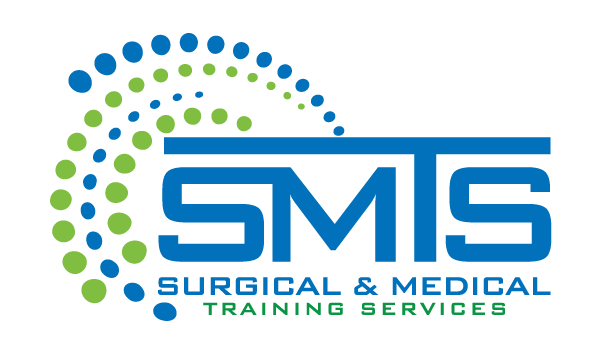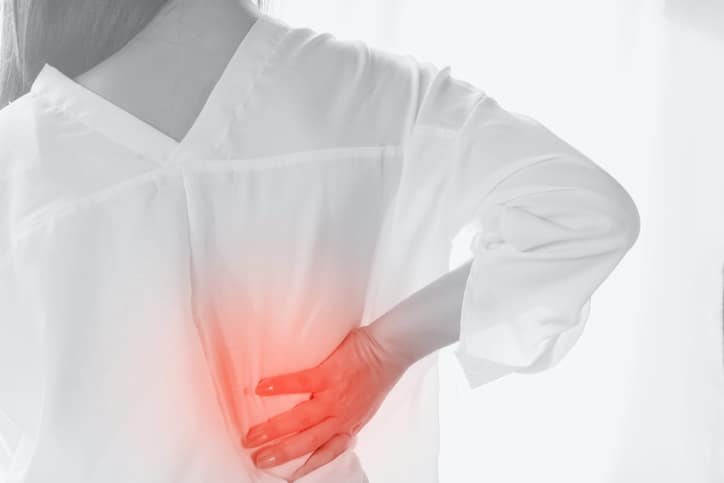The opioid crisis has become a multifaceted problem that concerns physicians, patients, and the pharmaceutical industry. With litigation ongoing to determine whether or not corporations may be held responsible for the tragedies associated with opioid use, we are seeing one thing happen at breakneck speed: a marked decrease in the number of opioid prescriptions doctors are writing.
According to the healthcare consulting and outsourcing group IQVIA, opioid prescriptions dropped by 17% in 2018. Since 2010, when prescriptions were at their peak, they have fallen by 43%. We may look at this as a “good thing,” except that patients continue to deal with pain that, at one point, seemed to be manageable with the right medication. Here, we discuss a few of the bigger ideas that are currently being considered.
SAFER OPIOIDS
It may be difficult to believe that opioids can be made safe, but Collegium Pharmaceutical is trying. This company has made an extended-release oxycodone drug that delivers opioid medication consistently over time, even if the pill is crushed. The concept is that, with time-release, the drug becomes more difficult to abuse. At this time, analysts report that emergency room prescriptions for this drug have risen by 51% in the second quarter of 2019 compared to the same quarter last year.
SHIFTING GEARS COMPLETELY
With much of the world shying away from opioids at this time, many investors are turning toward non-opioid methods of pain management. This doesn’t mean drug-free, but it does mean an opportunity to test drugs that are much less likely to have addictive qualities. One such drug is a sodium channel blocker, which has completed three Phase II studies. Another methodology, the use of cell therapy to treat low back pain caused by disc degeneration, is in Phase III trials. Then there’s spinal cord stimulation.
Spinal cord stimulation is a drug-free alternative that is gaining attention all over the world. The stimulation of a small, implanted device is compared by some to a pacemaker. Short pulses are delivered by the device to disrupt pain signals from their point of origin as they travel to the brain. The device does not mask pain, it changes the way the body perceives it.
Spinal cord stimulation is a new wave in the treatment of chronic pain, and we are proud to be at the forefront of bioskills training. SMTS – Surgical & Medical Training Services is a mobile training facility that operates throughout the country, providing space, materials, and a state-of-the-art cadaver lab for the most realistic, most efficient hands-on skill-building courses possible.

